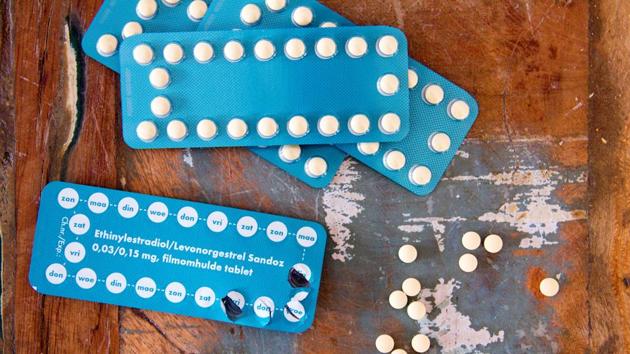Scientists find how general anaesthesia works
Scientists have recently discovered that general anaesthesia makes a person unconscious by seizing the neural circuitry, a population of neurons interconnected by synapses to carry out a specific function when activated.
Ever wondered how general anaesthesia works? Scientists have recently discovered that general anaesthesia makes a person unconscious by seizing the neural circuitry, a population of neurons interconnected by synapses to carry out a specific function when activated.

The study published in the journal Neuron found that several different general anaesthesia drugs knock you out by hijacking the neural circuitry that makes you fall asleep.
The researchers traced this neural circuitry to a tiny cluster of cells at the base of the brain responsible for churning out hormones to regulate body functions, mood, and sleep.
The finding is one of the first to suggest a role for hormones in maintaining the state of general anaesthesia and provides valuable insights for generating newer drugs that could put people to sleep with fewer side effects.
Ever since the first patient went under general anaesthesia in 1846, scientists have been trying to figure out exactly how it works. The prevailing theory has been that many of these drugs tamp down the brain’s normal activities, resulting in the inability to move or feel pain.
Similar theories revolved around sleep. However, research over the last decade has shown that sleep is a more active process than previously recognised, with entire sets of neurons clocking into work while you catch your sleep.
Fan Wang and Li-Feng Jiang-Xie, wondered whether the predominant view of general anaesthesia was also one-sided. “Perhaps rather than simply inhibiting neurons, anaesthetics could also activate certain neurons in the brain,” said Jiang-Xie.
To test their new theory, Jiang-Xie and Luping Yin, put mice under general anaesthesia with several different but commonly used drugs. Then they used molecular markers to track down the neurons that were commonly activated by the anaesthetics.
They found a cluster of actively firing neurons buried in a tiny brain region called the supraoptic nucleus, which is known to have leggy projections that release large amounts of hormones like vasopressin directly into the bloodstream.
“Most of the anaesthesia-activated cells were a kind of hybrid cell that connects the nervous system and the endocrine system. That took us by surprise and led us into unexplored territory for understanding the neural pathways of general anaesthesia,” said Jiang-Xie.
Next, the researchers tapped a sophisticated technique to turn on or off this specialised group of cells with chemicals or light. When they switched on the cells in mice, the animals stopped moving and fell into a deep slumber called slow-wave sleep, typically associated with unconsciousness.
Then the research team killed off this group of cells. The mice continued to move around, unable to fall asleep.
Finally, the researchers performed similar experiments on mice under general anaesthesia. They found that artificially pre-activating the neuroendocrine cells made the mice stay under general anaesthesia for longer periods of time. Conversely, when they silenced these cells, the mice woke up from anaesthesia more easily.
This study also revealed a previously unexpected role of the brain’s hormone-secreting cells in promoting deep sleep.
“Many people, particularly those with Alzheimer’s disease, have difficulty falling to sleep; yet current medications have troublesome side effects. If we can find ways to manipulate this neural circuitry, perhaps by targeting hormones or small peptides, then it could lead to the development of better sleeping pills,” said Yin.
Catch your daily dose of Fashion, Health, Festivals, Travel, Relationship, Recipe and all the other Latest Lifestyle News on Hindustan Times Website and APPs.



